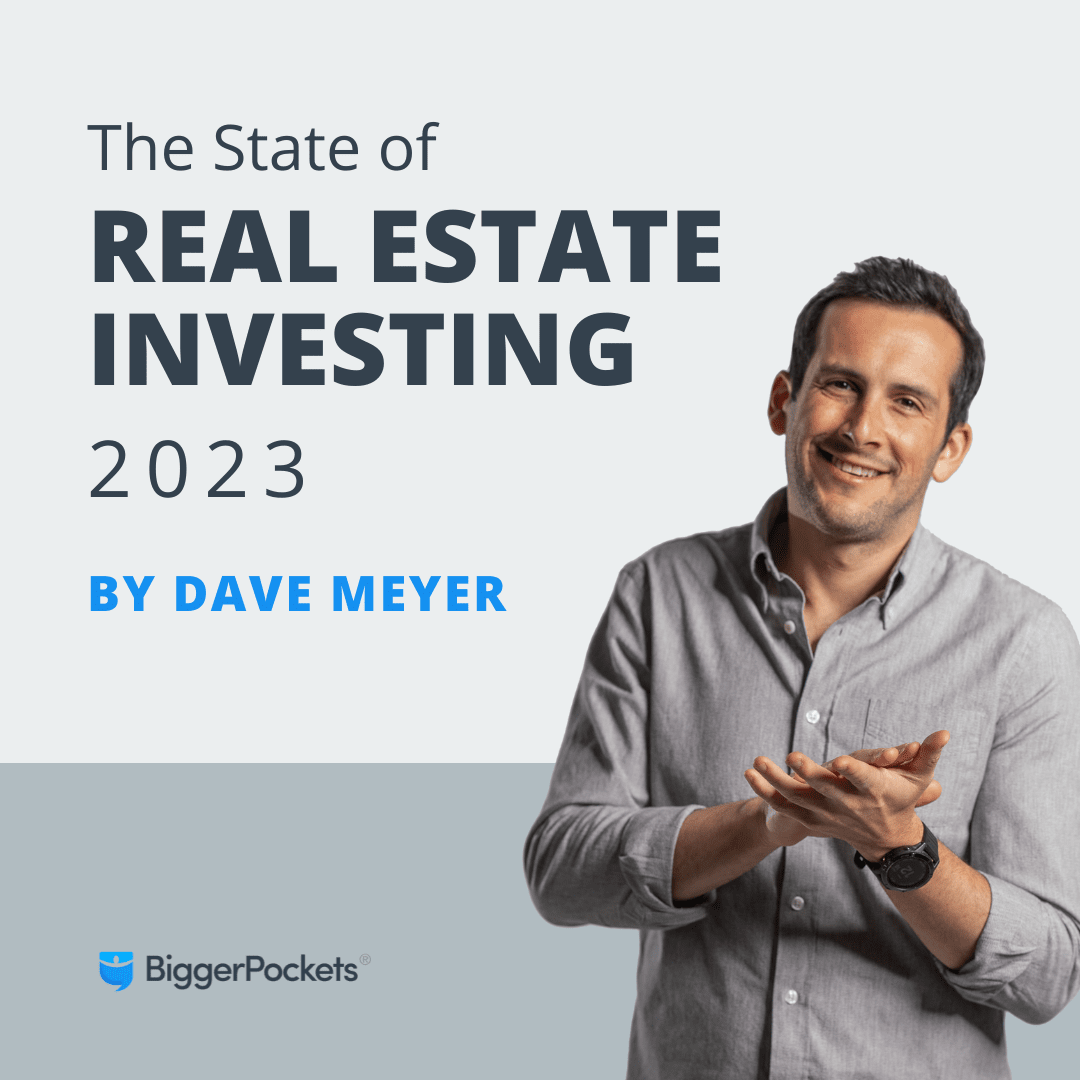[ad_1]
The popularity of manufactured (mobile) homes has been on the rise over the past several years, spurred partly by highly competitive traditional housing markets, overall interest in smaller homes, and the search for more affordable housing. But what about adding this type of home to your real estate investment portfolio as a single home or in a mobile home park setting?
Although I haven’t personally invested in manufactured homes yet, I’ve researched and spoken with experts about the pros and cons as I consider diversifying my portfolio. This article will outline some interesting and informative information I’ve come across.
A Brief Retrospective On Mobile Homes
Mobile homes have a long and varied history. Moveable homes are nothing new, from the covered wagons that are iconic in my home state of Oregon to today’s tiny home and van life craze. The 1974 Federal Mobile Home Construction and Safety Act formalized this type of housing in the United States. Around the same timeframe, the terminology surrounding these homes changed, making “manufactured homes” preferable to the previous term “mobile homes.”
Over the years, manufactured home living has ebbed and flowed in popularity. More recently, the economic crash and burst housing bubble in the 2000s led people to affordable manufactured homes in droves. Today, interest in these types of dwellings is driven less by necessity than choice, providing a way to spend less on housing and more on things like leisure, travel, and other lifestyle experiences.
Investing in a Manufactured Home
The average cost of a single-family home in the United States hovers around $380,000. Manufactured homes come in at a lower price point, with a double-wide coming in closer to $150,000.
There’s a caveat—and it’s a big one. The price of a new manufactured home does not include land, so the lot on which you place the new home must be purchased or leased. Many mobile home parks offer a land leasing option, which means you pay a monthly fee to have your mobile home in the park. In this setting, you would be responsible for the care of your lot and home, and the park owners take care of infrastructure and maintenance of the roads, common areas, amenities, and any utilities or services provided.
If you decide to purchase land, ensure that the area or neighborhood allows mobile homes. Other considerations include moving, placement, and any construction involved in placing a home on an empty lot. Most dealers include basic delivery and installation in the total sales price, but if you buy a used mobile home and relocate it, you’ll be adding thousands to your purchase price. Still, when it is all said and done, your overall investment will likely come in significantly lower than a stick-built single-family home.
Financing and Insuring a Manufactured Home
It’s no secret that interest rates on mortgages are skyrocketing right now, something any non-cash investor must consider when calculating their return on investment. It can get even more tricky for mobile homes, as conventional home loans are not generally available. Most lenders do not consider these kinds of structures as “real property”. However, a handful of mortgage lenders specialize in financing manufactured homes, so do your research if you are considering a loan for this type of investment.
Insurance coverage for a manufactured home is generally comparable to traditional homeowners coverage but with a few caveats due to the unique nature of these types of homes, such as the construction method and vulnerability to certain weather conditions. Premiums are a little higher than traditional home insurance. Again, do your research to find the best policy for your situation. For an added layer of coverage, make sure that you always require renters insurance for your investment property.
It is also important to note that manufactured homes generally appreciate at a different rate than traditional single-family homes, so they will not rise in value as quickly over the lifespan of your investment. Keeping it well-maintained, landscaped, attractive, and up-to-date can help you retain greater value over time.
Renting Out Your Manufactured Home
Just as your investment in this type of property is a little less expensive, so will the amount of rent that you can charge for your tenants. However, it can diversify your rental offerings if you are already a real estate investor or be a great first entry point for a new investor.
There are many groups of people that are keen on living in a low-cost, low-maintenance mobile home, including retirees, young families, empty nesters, and more. While demand varies by location, the Manufactured Housing Institute indicates that a total of 22 million Americans live in mobile homes, showing that there is indeed a reliable demand for this more affordable housing option.
As with any other rental property, it will be necessary to market your property, collect leads, and properly screen applicants. Streamlining these processes helps you start to realize the return on your investment more quickly, as well as ensures the best-qualified tenants occupy your manufactured home.
Conclusion
Investing in real estate can help you generate income and reach your goals with a steady stream of revenue. Manufactured or mobile homes can equal a lower up-front investment and cost you less on a monthly basis (despite slightly higher initial mortgage and insurance rates) than a traditional single-family home rental investment.
They represent a solid way to diversify your real estate portfolio or enter into real estate as a first-time investor, but it is essential to do your research and understand the unique risks and opportunities associated with investing in manufactured homes.
New! Updated Rental Market Data–Top 100 US Markets
Download Dave Meyer’s latest dataset that shows median rents and annual and monthly growth rates for the largest 100 markets in the US.
Note By BiggerPockets: These are opinions written by the author and do not necessarily represent the opinions of BiggerPockets.
[ad_2]
Source link

